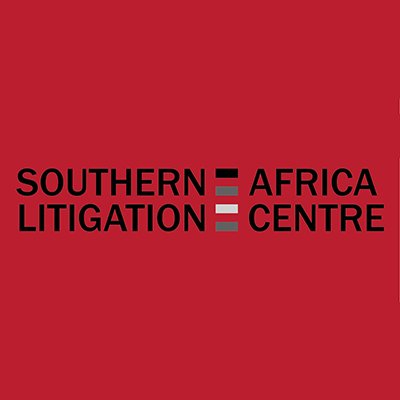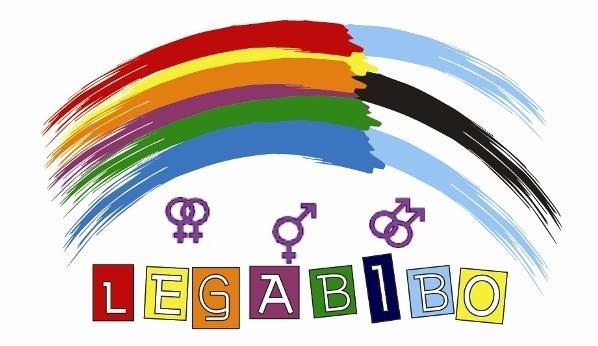High Court OKs gender change on Botswana IDs
Colin Stewart is a 45-year journalism veteran. He is the…
The High Court in Botswana ruled on Sept. 29 that a transgender man should be allowed to hold official documents that reflect his gender identity, no matter which sex was assigned to him at birth. “The judgment is a huge victory for transgender people in Botswana, who face considerable challenges when their gender identity is not reflected in official papers,” Human Rights Watch stated.
The Southern Africa Litigation Centre and Open Society Initiative of Southern Africa issued a press release that stated in part:
Botswana High Court Rules in Landmark Gender Identity Case
 … The Court held that the refusal to change the applicant’s gender marker was unreasonable and violated his rights to dignity, privacy, freedom of expression, equal protection of the law, freedom from discrimination and freedom from inhumane and degrading treatment.
… The Court held that the refusal to change the applicant’s gender marker was unreasonable and violated his rights to dignity, privacy, freedom of expression, equal protection of the law, freedom from discrimination and freedom from inhumane and degrading treatment.
The Court ordered the respondents to change the gender marker on the applicant’s identity document (Omang) from ‘female’ to ‘male’ to protect his dignity and well-being.
The Court previously issued an order that the applicant’s names and personal details remain confidential.
The applicant was represented by Tshiamo Rantao and Lesego Nchunga and supported by the Southern Africa Litigation Centre and Open Society Initiative of Southern Africa. …
“This is a monumental victory for the rights of transgender persons in the region. The judge’s finding that the refusal to change a transgender person’s identity documents violates constitutional rights, goes a long way in improving the lives of transgender persons”, says Tashwill Esterhuizen, LGBT and Sex Worker Rights Programme Lawyer at the Southern Africa Litigation Centre. …

This is not the first time the country’s vulnerable lesbian, gay, bisexual, and transgender (LGBT) community have had their fundamental rights upheld by the courts. In another progressive judgment last year, the Botswana Court of Appeal upheld the right of LEGABIBO, a lesbian, gay, and bisexual advocacy group, to officially register as a nonprofit organization after it was initially refused by the Registrar’s director and the country’s labour and home affairs minister, who tried to argue that the group was operating for an “unlawful purpose”.
Although some consensual same-sex acts are criminalized in Botswana, where “carnal knowledge against the order of nature” can land you up to seven years in prison, the judgment in the LEGABIBO case said that laws prohibiting some sexual acts do not criminalize homosexuality per se, and that sexual minorities have the same rights as anyone else. Botswana also has a progressive labor law that protects employees from discrimination due to sexual orientation.

Related articles:
- Botswana High Court to hear landmark gender identity case (August 2017, Legabibo)
- Judgment has broader implications for many African countries that do not recognise sexual minorities (March 2016, Legabibo)
- Groundbreaking judgment by Botswana Court of Appeal on freedom of association and LGBTI rights (March 2016, Legabibo)



